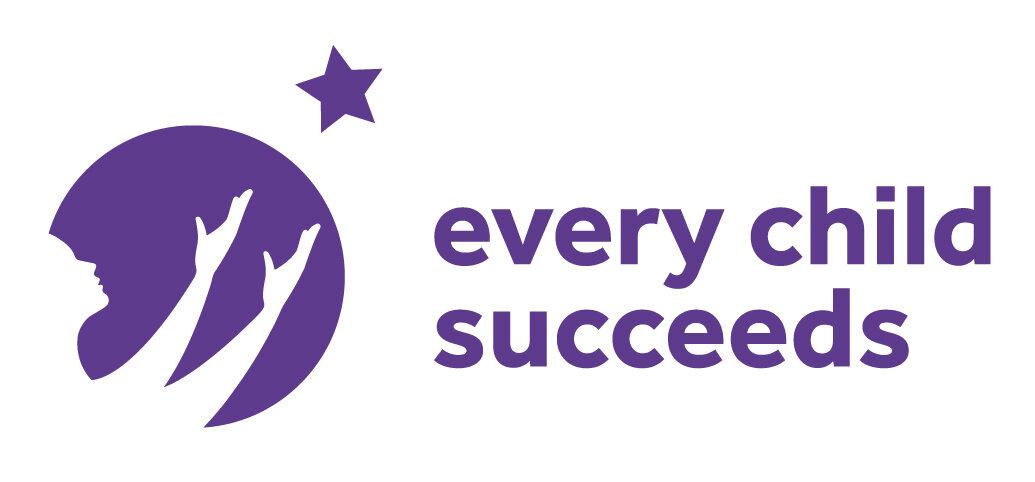Moving Beyond Depression
“Am I a bad mother?” “Does my child deserve someone better than me?” “Am I doing something wrong?” “Maybe I will always feel this way.”
These are common thoughts women experiencing postpartum depression have had. Depression is common in women who are pregnant or who have recently given birth. Many women experience the “baby blues,” a period lasting up to ten days after the birth of their child in which they are much more emotional than normal. However, for some women, this can turn into postpartum depression. Postpartum depression affects one out of every seven women who give birth. For this reason, Every Child Succeeds developed Moving Beyond Depression (MBD) to treat women with depression.
All moms in Every Child Succeeds have the benefit of being screened for depression by their home visitor. Moms with an elevated score on the screen are presented MBD, a voluntary program. Moms who accept the referral will then be assessed by the therapist to see if the program fits her needs. Moms given the diagnosis of major depressive disorder receive 15 sessions of In-Home Cognitive Behavioral Therapy. Women who have completed MBD show big improvements that include:
Substantial drops in symptoms of depression
Improved coping with stress
Fewer relationship difficulties
Satisfaction their maternal role
In the words of one mom who finished MBD:
“…that depression, it knocks you down. It changes you into an entirely different person. Without this program, the moms could be the ones who are putting their kids in the car and driving it into a lake. The (MBD) program is so fantastic – in the beginning, I did it for the sake of my child and my sanity. But you grow to trust the therapist. And you have that home visitor coming every week – you feel like an accomplished mom. It’s a sigh of relief.”
“Now I know it’s OK if sometimes my house isn’t clean because I had a good day with my daughter. I’m a lot more self-confident as a mom. Sometimes depression can go away on its own, but at what cost – your child’s development?”
Visit the Moving Beyond Depression website to learn more.

